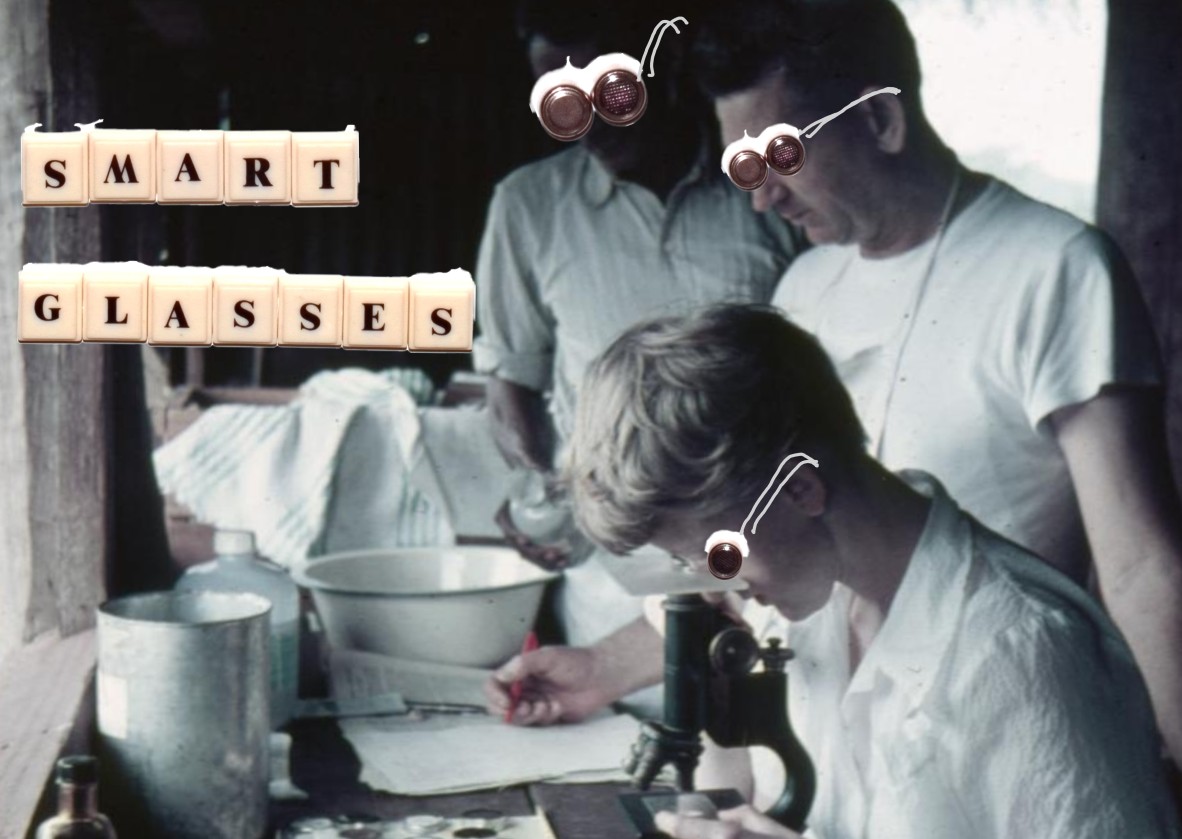Whatever you choose to call the phenomenon - mashup, remix, collage - creative re-use of original material is here to stay. Our responsive internet culture gathers connections from far and wide and throws them together, with no regard to barriers in geography or even time. Ben Murray, in his article Remixing Culture And Why The Art Of The Mashup Matters, touts the importance, and cultural benefits of the mashup:
“The remix should be thought of as a method of quotation, citation and commentary; as a form of pastiche, parody or homage; as a means of picking our way through the media-saturated labyrinth in which we find ourselves; a vital expression of our living culture in a confused and confusing time.” (Posted March 22, 2015 by Ben Murray: https://techcrunch.com/2015/03/22/from-artistic-to-technological-mashup/)
ALL of its public-domain artwork images available for free and unrestricted useAt the heart of the open use world is an essential question for libraries, galleries and museums: “What do we digitise?” At State Library a detailed framework directs and focuses the answer.
There are currently 70,000 digital photos in SLQ’s John Oxley Library. Significance determines which collection items are digitised – intentional, deliberate choice is an important part of the policy. Decisions on what becomes digitised are based on both expert curatorial staff selections and community driven demand. Other considerations include enabling access to items not readily accessible. This could be due to their fragility or their risk of “format obsolescence” (how many people still own DVD players?). Equity of access is also a priority, taking into account both geographical coverage and a range of subject areas.
Volunteers play a critical part in achieving digitisation goals. For example, 6000 hours have been volunteered in the digitisation of 30,000 soldier portraits http://qanzac100.slq.qld.gov.au/showcase/soldier-portraits).
SLQ has directives to both provide access to digital collection materials and connect visitors to current technology. And so, playfully, we have decided to combine these goals and have some fun along the way. On Wednesdays we explore mashups in the Digital Futures Lab. Many images in the collection (published prior to 1954) are available for creative re-use. HP Sprout technology enables users to bring in objects of their own, take high-quality snapshots and combine them with creative commons attribution images in the Library’s Collection, via the Flickr platform. https://www.flickr.com/photos/statelibraryqueensland/

Mash-up image from SLQ's Collection. Original image title: Nurse Grace Poland at the microscope, Hope Vale Mission. Circa 1954. Image number: 7676-0001-1155
Here’s a sample. The image (above) was created during a Play Day as part of the ‘Invent an Invention’ activity. The original image was released on Flickr by State Library of Queensland https://www.flickr.com/photos/statelibraryqueensland/ in celebration of the World Science Festival and shows Nurse Grace Poland at the microscope, Hope Vale Mission. Circa 1954. (Interestingly, the future predicted in this mashup is nearly here, as shown in this review of smart glasses: https://www.wareable.com/headgear/the-best-smartglasses-google-glass-and-the-rest).
During Wednesday Play Day volunteers are on hand to help you create with HP Sprout and lots more. Bring in a few objects or just come as you are and mash something up for the digital future.
Wednesday Play Day: every Wednesday 3-6pm in SLQ Gallery, level 2, free, no bookings required
More information: www.slq.qld.gov.au/digitalfutures
#digitalfutures
Anne Pensalfini
Program Support Officer
Comments
Your email address will not be published.
We welcome relevant, respectful comments.